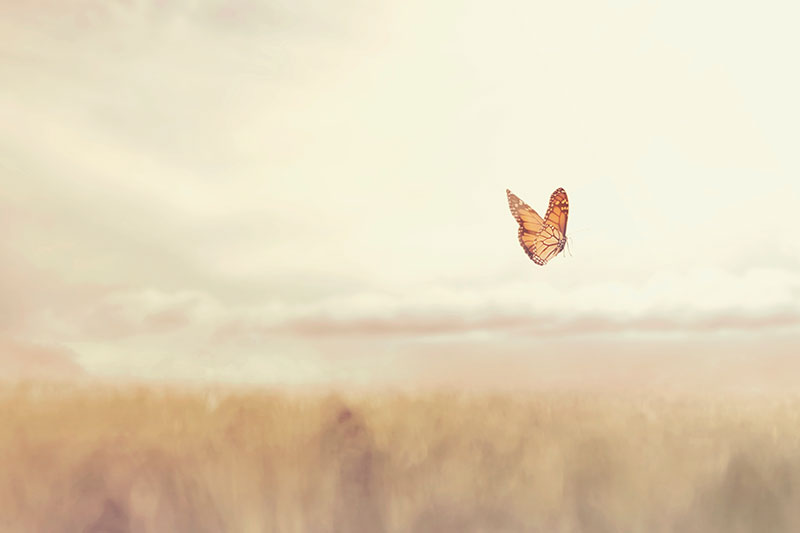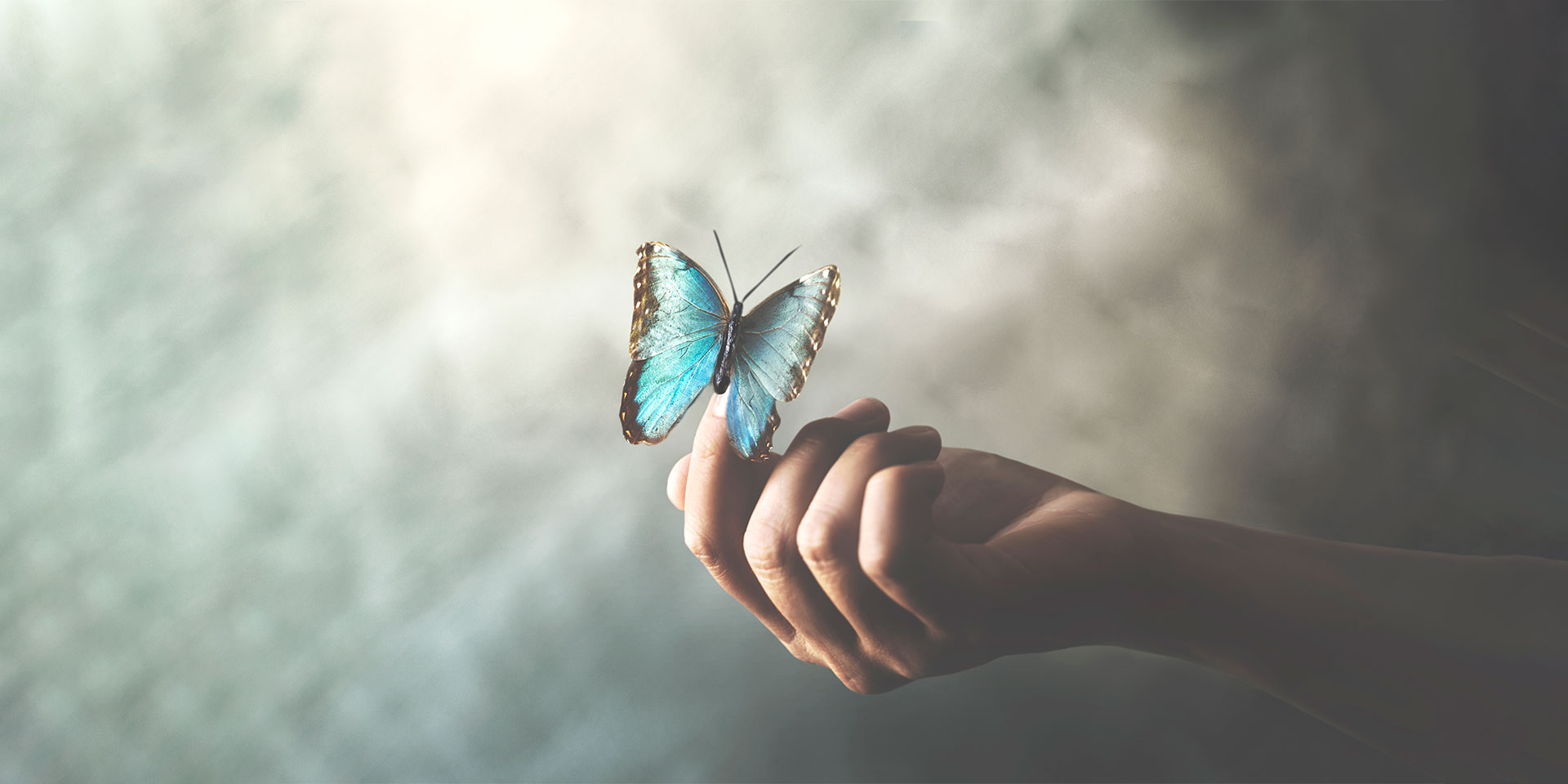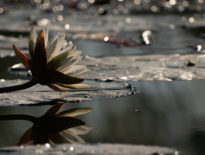I don’t remember much about the moment. I remember its warmth, and the way it glowed with purpose and spirit. But the stage is blurry. The song which pulsed out from it is uncertain. I know it came from a good friend of mine, one whose spot-lit glory provoked in me no jealousy, no feeling of being left out.
The performers and the watchers were magnetised to each other, like the parts of an atom. And in my nucleus—my mind, awash with satisfaction and peace—a thought that continues to occur to me whenever I find myself feeling that way, arrived for the first time: “Make the world smaller.”
Why does this idea emerge in my consciousness every time I realise that I am enjoying myself? It isn’t even a thought I have been able to turn into a maxim, a principle to guide my action. It is simply a thought that returns and returns whenever I feel deeply happy.
The reader should be warned that I am twenty-five years old, and in no way offering a definitive answer to the question this article asks. But I think it is finally time for me to develop this recurring image I have sometimes, of the world shrinking into calm and simplicity. I hope that by doing so I can help those who may think like I do, and gently provoke those who may not.
Much has been said about how happiness always evades you when you pursue it. I am sure we have all seen happiness compared to a butterfly, and I believe it is an appropriate metaphor. A butterfly’s delicate wings both entice us and enable it to escape. The elements that inspire us to chase it are the same elements that make it elusive. When it comes to relishing the beauty and joy of the butterfly, one has no choice but to sit in its atmosphere, and wait patiently, hopefully, for it to land on you—or be satisfied to watch it flit past in the breeze.

It stands to reason, then, that the smaller the world—the space that you and the butterfly must occupy—the longer you will be able to watch it, and the more likely it is that it may gracefully land on you. With this in mind, we might realise that happiness is not actually the butterfly, but the atmosphere in which butterflies can be seen, and felt.
That night in front of the stage, I was not finally catching a butterfly. I was not capturing it between my clammy hands and robbing it of its thrilling flight—the very thing that makes us want it in the first place. I was in a space where butterflies were being born; with every pluck of a string, every sweet note sung, I was in the right atmosphere to witness wonderful things.
Making the world smaller does not only refer to the physical space you are in. It also implicates what matters to you, the scope of your concern.
“The main thing is to keep the main thing the main thing”, Stephen Covey has said. If there are fewer ‘things’ to be concerned with, keeping the main thing the main thing will be easier. Of course, choosing what should matter to you must not be done frivolously, or by choosing the path of least resistance. But once responsibly chosen—or bravely accepted—our concerns should be limited for our joys to increase.
Jesus knew this when He said, “Therefore do not worry about tomorrow, for tomorrow will worry about itself. Today has enough trouble of its own” (Matthew 6:34).
I love my young cousins very much, and playing with and cuddling them is such a joy for me. The idea that through my attention and concern for them I can make their lives better is vivifying and fulfilling. Spending time with them also takes the focus off of my own worries, my own things. The main thing becomes their enjoyment and education.
Overthinking and second-guessing have become so common with people both young and old today, and I think this has partly to do with the fact that we have so much time to plunge into our own thoughts. No matter how calm the surface may appear, there are always strong currents of regret, disappointment, and anxiety in the depths of our minds.
Making the world smaller can also mean being other-centred, and outward focused, by rising above the churning inside ourselves, and watching or riding the waves of others.
It has been shown that it is impossible to properly perform two tasks at once. The brain merely switches from one concern to another, requiring constant refocusing. It is obvious that the more concerns we have in our minds, the sooner we will grow tired, frustrated, and far flung from any feeling of enjoyment. Making the world smaller is a way to keep our focus on what matters for longer, and not removing our attention from things that take time to release their blessing.
We might think that worrying about yesterday, today, and tomorrow is taking better account of our time. But this would be quantity over quality.

The bigger the world of time, the more individual concerns there are to be found within it, and the less of your time each individual concern can actually receive. Make the world smaller, and let time and patience have their way with the important things.
We are so full of things! The great English poet William Wordsworth said it best when he wrote: “The world is too much with us.” This is such an odd turn of phrase, yet so appropriate. How often it feels like life is a thorny bush we are sitting in the middle of. We feel unable to move comfortably, unsure of which thorns to remove first, and unaware of what beauty may be hidden from view by the thick cloud of our concerns. In those times, we need something that burns those thorns away.
We need to cast all our cares away. There is One, for whom no world is ever too big, who truly cares for us.
Matthew Hurlow is an English teacher, and an editor for ST Network from Cape Town, South Africa. He believes in the power of writing, and in encouraging the impulse to write in others.



















